Prolific French composer Jules Massenet wrote operas, songs, oratorios, cantatas, ballets, orchestral works, and incidental music. His commercial success, judged as pandering to female singers and women-dominated audiences, beguiles his continuing musical admiration in our time.
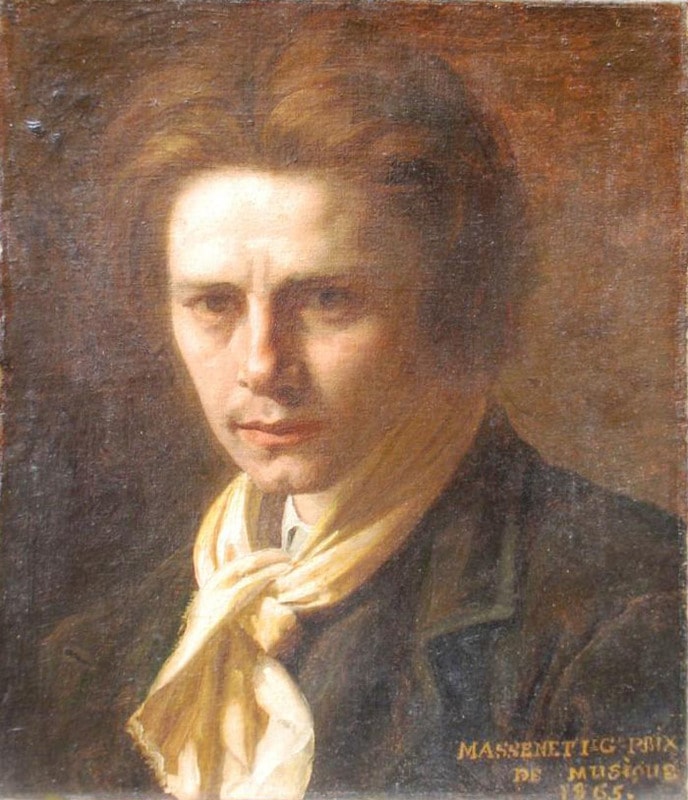
Jules Massenet’s Early Years
I was born May 12, 1842, in Montaud, France, on the Loire. Although my parents were not professional musicians, my mother was a good amateur pianist, and she began teaching me when I was very young. A violent, loud blast of gunshots announced my first lesson!
Mother made a living during the French Revolution by teaching young students the piano, but I was her favorite student.
We moved to Paris in 1848 after my father lost his job. A few years after that, I auditioned for the Paris Conservatory at the tender age of nine.
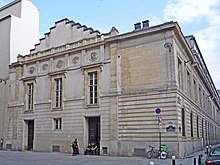
Jules Massenet’s Studies at the Paris Conservatory
At the time of my studies at the Conservatory, I also continued to study at the Lycee Saint-Louis. However, when my father fell ill, we moved to Chambery. I suffered, though, missing my music and lessons at the Conservatory. Desperate, I begged my parents to send me back to Paris, and they only relented when I agreed to move in with my sister Julie.
“If my entrance into this world was loudly escorted by the hammers of a factory, my first try in the career I would choose was not more musical!”
I was a diligent, strict student, practicing from morning to evening. Later on in my life, I began waking up at four in the morning to squeeze in eight hours of composing before lunchtime. At the time, I had also started teaching — following in my mother’s footsteps — to support myself and have a little financial freedom.
Hard work and sacrifice paid off. Four years after my return to the Conservatory in 1855, I won the top prize for pianists at the Conservatory, and then in 1862, I won a second prize for counterpoint and fugue. The first original composition that I composed, Le Pardon de Ploermel, was published.
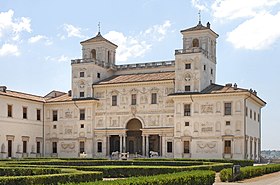
Jules Massenet’s Wins the Prix de Rome
I was entered into the Prix de Rome by my composition teacher, Ambroise Thomas, in 1863 when I was only twenty-one. He was my biggest fan and supporter. Here is what happened on the day of the judges’ decision:
“Ambroise Thomas, my beloved master, came towards me and said, ‘Embrace Berlioz, you owe him a great deal for your prize.’ ‘The prize,’ I cried, bewildered, my face shining with joy. ‘I have the prize!!!’ I was deeply moved and embraced Berlioz, then my master, and finally, monsieur Auber. Monsieur Auber comforted me. Did I need comforting? Then he said to Berlioz, pointing to me, ‘He’ll go far, the young rascal when he’s had less experience!'”
With the prize came a residency in Italy at the Villa Medici, which, at that point, was full of painters and artists. Although I enjoyed my time at the villa, I was eager to return to Paris, where I was left to my own devices and even spent my first night utterly alone among the ruins of the Colosseum.
The time away meant I had to provide the Academy with religious pieces, but I lost my inspiration and struggled to compose. In the end, I managed to write a Mass and then a requiem that was, unfortunately, lost. “I don’t agree with that creeping Jesus stuff, but the public likes it, and we must always agree with the public.”
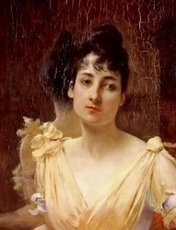
Jules Massenet’s Marriage & 1st Staged Opera, The Great-Aunt
In Rome, I met my wife, Louise-Constance de Gressy, who went by ‘Ninon.’ She was a brilliant pianist who impressed even Franz Liszt. The famous pianist and composer introduced her to me as a potential student. We became romantically involved almost immediately, unable to stay away from each other.
We married in October 1866 and had only one child, Juliette. Born March 31, 1868, she was my pride and joy. On the occasions when Ninon and Juliette took trips without me, I found myself overwhelmed by a foreboding sense of solitude and melancholy.
Upon returning to Paris in 1866, I composed La Grand’Tante (The Great-Aunt) on a commission from the Opera-Comique. The libretto by Jules Adonis and Charles Grandvallet tells the story of Marquis Guy de Kerberos, who claimed a large inheritance from a great-uncle he never met. It involved family politics and heart-wrenching romance. Premiering at the Opera-Comique on April 3, 1867, my first staged opera was well-received by the public.
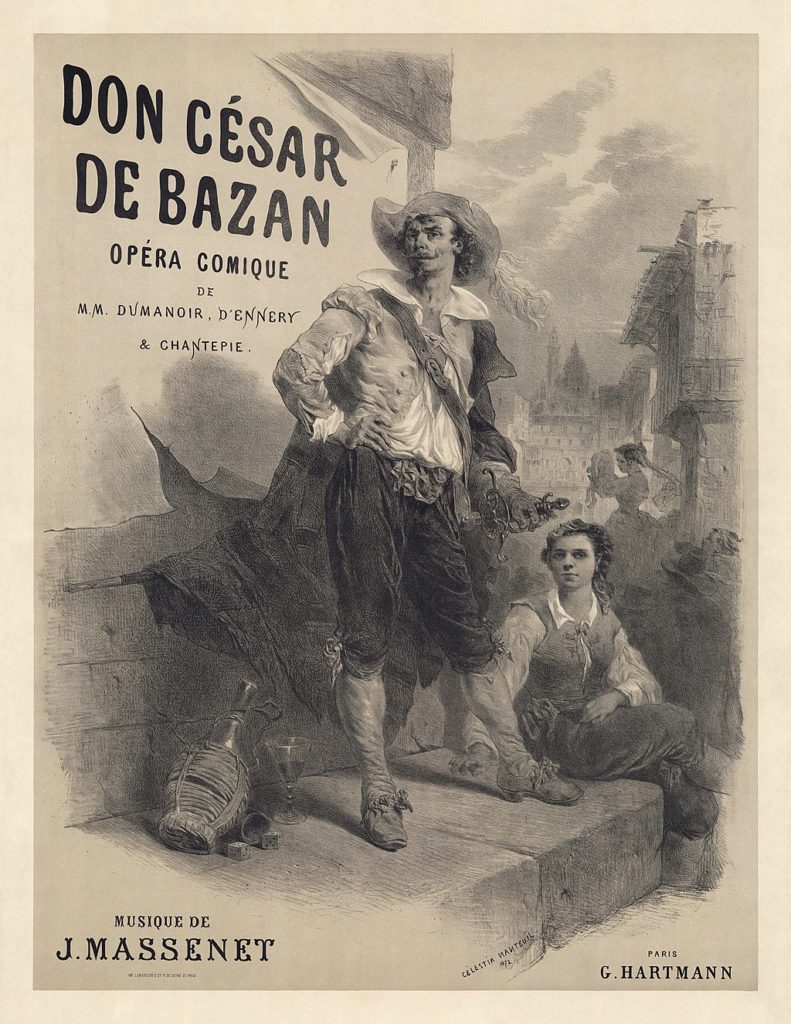
The Franco-Prussian War & Jules Massenet’s Opera, Don Cesar de Bazan
Shortly after, in 1870, the Franco-Prussian war broke out. I volunteered in the National Guard during the war and found the entire ordeal so terrible I could never speak of it after that. My family and I managed to escape just before the Paris Commune began, and we spent some time hiding in Bayonne.
After the war, we returned to Paris. I composed my first full-length opera, Don Cesar de Bazan, based on the novel Ruy Blas by Victor Hugo. It was not very successful, and it performed thirteen times at the Opera-Comique, and then the theatre burned down. Parts of the opera were lost. I wrote a new version in Brussels in 1888, and it achieved greater recognition than the original version, but still, it was considered a failure.
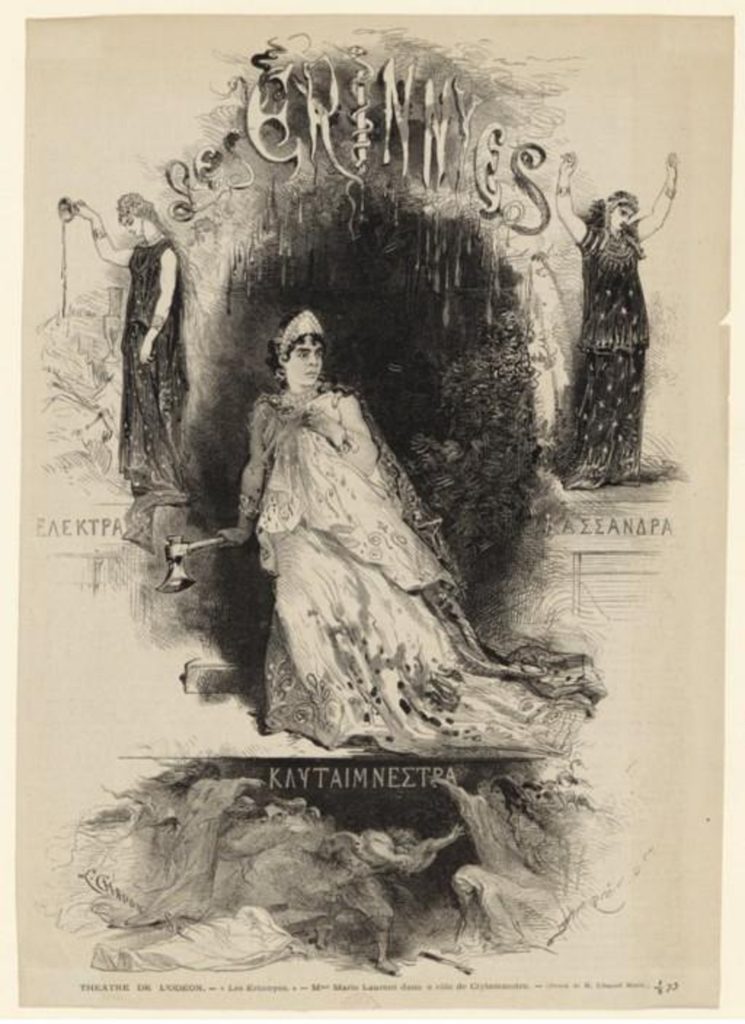
Jules Massenet’s Incidental Music for Les Erinyes
In 1873, I had more success with the incidental music for Les Erinyes. I was commissioned by Felix-Henri Duquesnel, an old friend, to produce an overture and incidental music for the French drama.
“Dusquesnel placed forty musicians at my disposal, which, under the circumstances, was a considerable expense and a great favor. Instead of writing a score for the regular orchestra—which would have produced only a paltry effect—, I had the idea of having a quartet of thirty-six stringed instruments corresponding to a large orchestra. Then I added three trombones to represent the three Erinyes: Tisiphone, Alecto, and Megere, and a pair of kettledrums. So I had my forty.”
Jules Massenet’s Opera, The King of Lahore
The third opera I successfully composed was Le Roi de Lahore in 1877, and it was the first opera that became majorly successful. Thanks to its popularity, I was honored by the Academie des Beaux-Arts. The Academy appointed me as a professor of counterpoint at the Paris Conservatory in 1878. Camille Saint-Saens was resentful of my successes. I had written to him, “My dear colleague: the Institute has just committed a great injustice!” Saint-Saens was quick to agree.
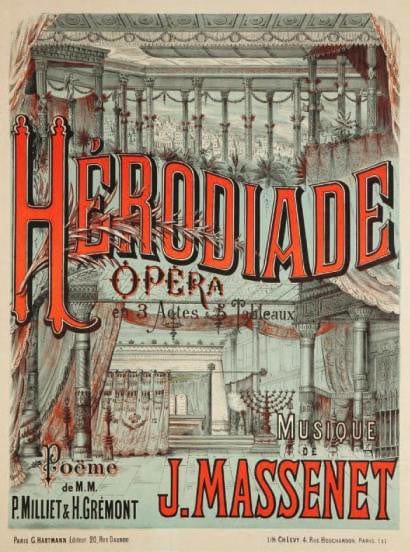
Jules Massenet’s Opera, Herodiade
Herodiade was another piece I had given my heart and soul. Based on the libretto by Paul Millie and Henri Gremont, Herodiade tells the story of John the Baptist.
At first, the manager of the Paris Opera refused to stage it. He’d said, “I do like your music, but as for the libretto, you badly need an author who knows how to build the skeleton of a play.” It was finally performed in Paris at the Theatre des Nations on February 1, 1884, after its director Eduardo-Fortune Calabresi offered to stage it.
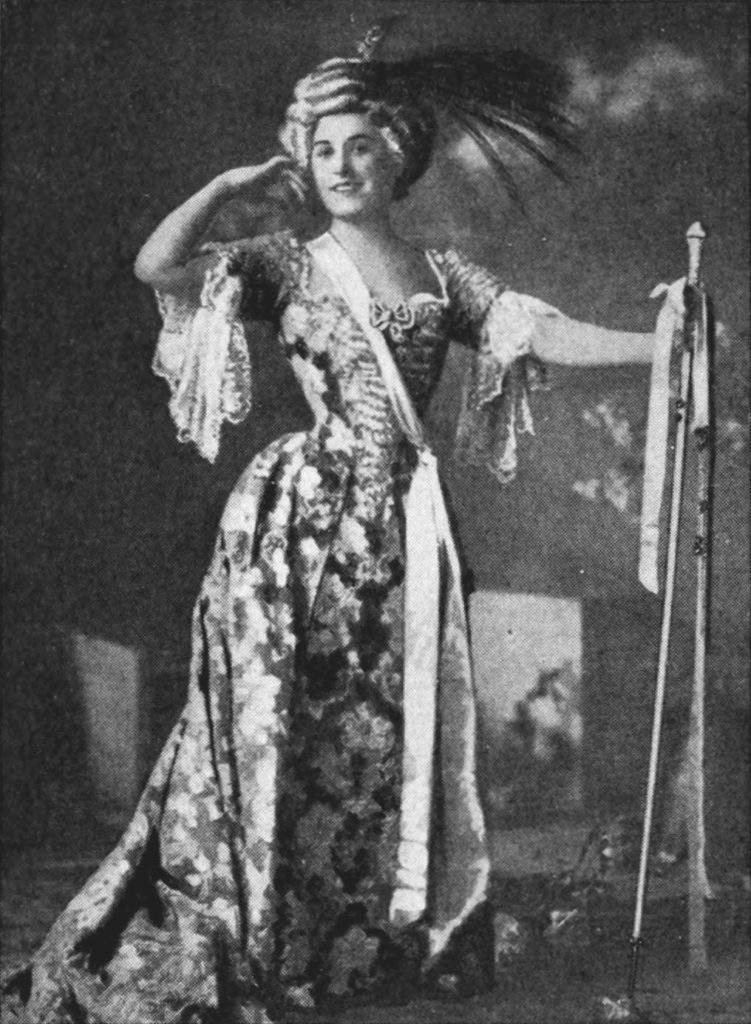
Jules Massenet’s Opera, Manon
Manon, unlike Herodiade, was a huge success almost immediately. Based on Manon Lescaut by Abbé Prevost, the libretto tells the story of a young girl sent away by her family to join a convent and encounters forbidden love and betrayal. The opera used the spoken word over the orchestra, and it catapulted my career into the role of the leading composer of my time.
Its first premiere was at the Opera-Comique in January 1884, but it continued to tour the world for a long time after. Martin Cooper, a biographer, has said, “The whole of Prevost’s story is set in an atmosphere of coquetry and amorous intrigue which cries aloud for the accompaniment of music such as Massenet’s… ‘melodies which are delicate and caressing rather than deeply felt, and orchestration rich in pretty and clever filigree worked but without any depth.'”
“From the opening scene… the story is a succession of ambiguous erotic situations… One may find this ceaseless harping on the erotic interest tedious and cloying, but it is admirably suited to Massenet’s talent, and it called out the very best of which he was capable.”
Manon opened doors I had not realized existed. As Debussy said, “Massenet seems to have been the victim of the fluttering fans of his fair hearers, who flirted them so long to his glory; he yearned to reserve for himself the beating of those perfumed wings; unfortunately, he might as well have tried to tame a cloud of butterflies.”
Jules Massenet’s Companion Opera, Thais
Shortly after the success of Manon, I began working on another opera that would amplify the popularity of my works: Thais. Based on the novel Thais by Anatole France, told the story of a Cenobite monk who attempts to convert Thais to Christianity that too late finds out Thais is obsessed with lust.
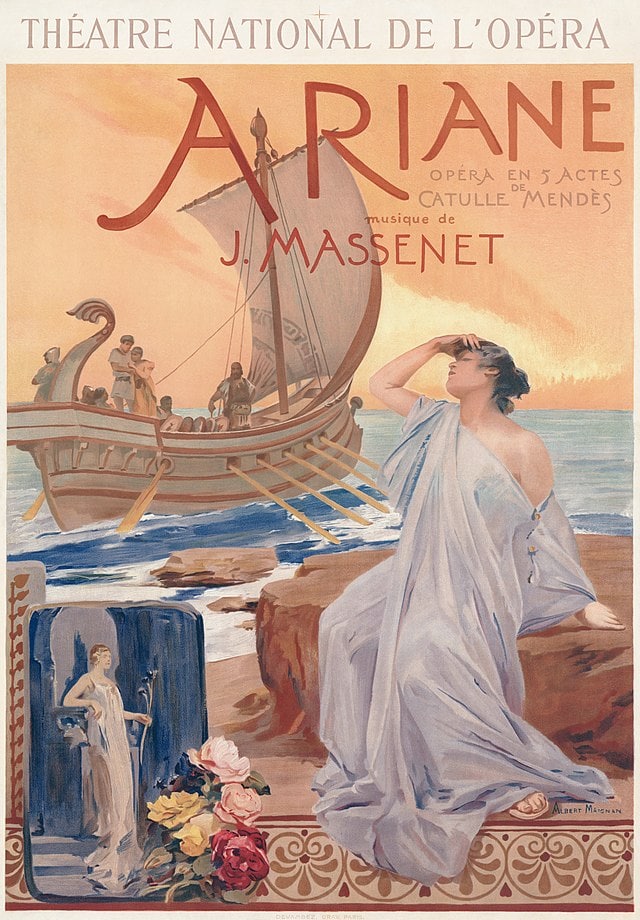
Jules Massenet’s Later Operas of Sapho, Ariane & Bacchus
By this time, I was fascinated to explore the lustful nature of humanity with music, and the success of Thais’ premiere at the Opera Garnier in Paris 1894 solidified my feelings. Those themes of sensuality, indulgence, and carnal love are evident in my operas, Sapho, Ariane & Bacchus
Jules Massenet Resigns from The Paris Conservatory
By 1896, I was confident and comfortable composing. When the Paris Conservatory offered me the position of director, I refused. Instead, I chose to resign, dedicating every spare moment to my work. My dedication to composing led me to write the controversial Sapho, which premiered on November 27, 1897.
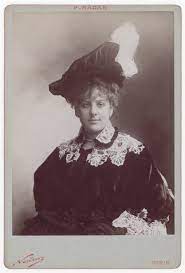
Jules Massenet’s Affair with Lucy Arbell
Shortly after resigning from my professorship, I met the operatic singer Lucy Arbell. I began writing roles solely for her, knowing very well that rumors would fly about our affair.
Rumors circulated almost daily about my unfaithfulness, but there never seemed to be any physical proof of my transgressions.
After my passing, she made a beeline for my works, attempting to insert herself into every unfinished composition, and it did not work in her favor.
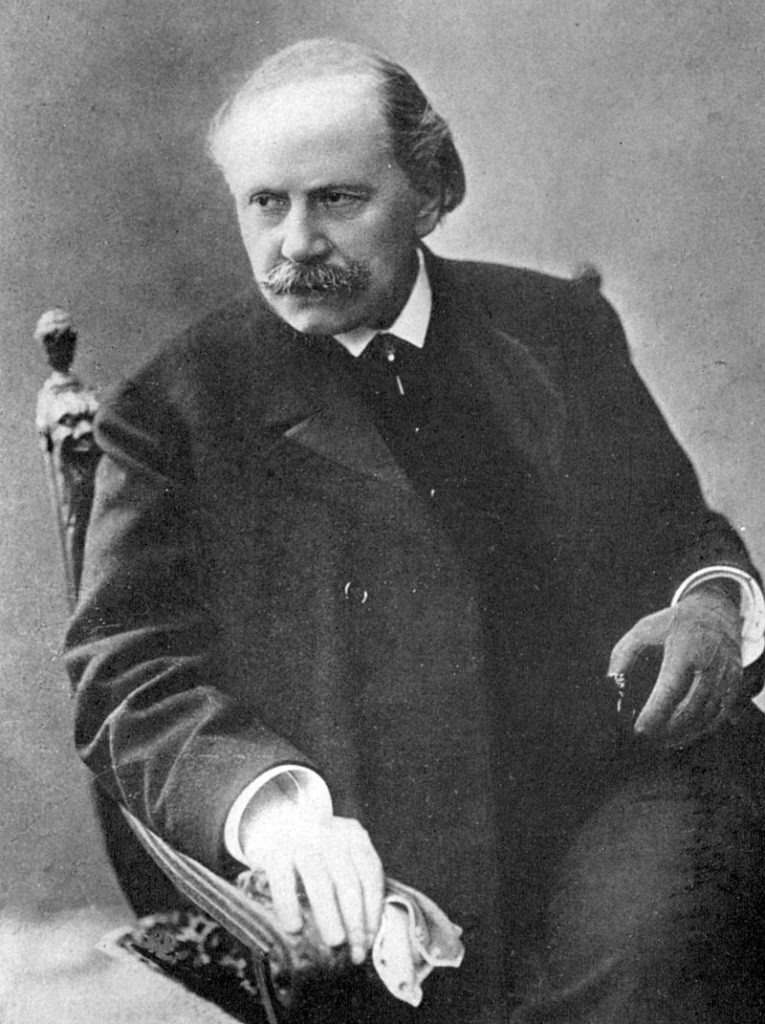
Composer Contemporaries Criticized Jules Massenet
Around this time, other composers became increasingly jealous of my influence. My music was not particularly good to them, but I won over the female audience so thoroughly that it did not matter.
Bessie Abbott, an opera singer, once said, “He could make women so happy with his adroit verbal petting that one could listen to him forever. He had a pretty trick of telling his fair companions that she suggested a melody, and he would go to the piano and improvise some honey-sweet strain that really did suit the personality of the one so highly complimented.”
Other composers believed me shallow and selfish, but in truth, I had found my niche and exploited that niche for my financial benefit and the enjoyment of my dedicated audiences.
I had always been good at giving the public what they wanted (such as when I composed religious masses that I detested writing but did so for the Academy). Women desired sensual, lilting music. I gave my public what they wanted, which made me incredibly successful, but not without hatred and jealousy from my fellow composers.
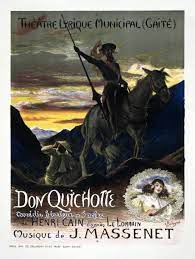
Jules Massenet’s Death from Cancer & His Opera, Don Quichotte
In 1912, I was unfortunately diagnosed with abdominal cancer. My pain and suffering brought on a quick, unexpected death in Paris on August 13, 1912; I had received the diagnosis only a few days earlier. Only one more opera premiered after my death, Don Quichotte, where a bust of myself was revealed in the foyer and remained there today.
The Musical Courier wrote, “It is pretty sure that if Massenet had not lived just when he did, when the world was thirsting for a little melody, and when few composers were attempting to write melody, combined with a little modernism and just a touch of Wagnerism, at a time when most composers were trying to get beyond the old school. Therefore Massenet was appreciated. We welcome his poor melodies because we have no others.”
Please find compelling quotes of Jules Massenet here on his quotes page.
SOURCES:
- Great Composers 1300-1900 by David Ewen
- The Lives of Great Composers by Harold C. Schoenberg
- Jules Massenet: https://en.m.wikipedia.org/wiki/Jules_Massenet
- Jules Massenet Biography: https://www.britannica.com/biography/Jules-Massenet